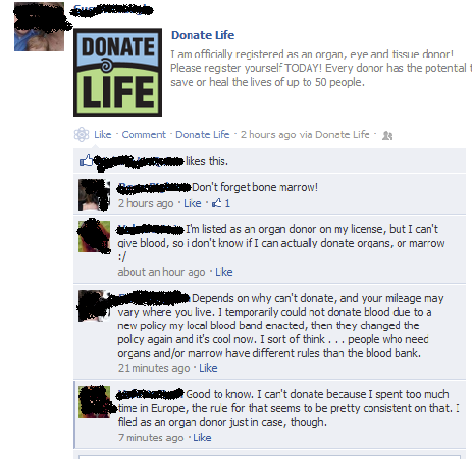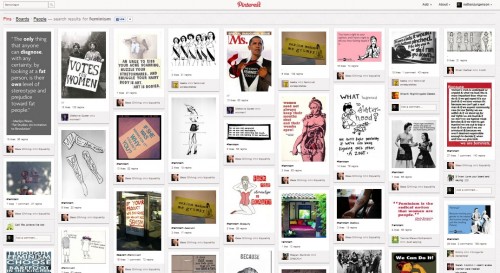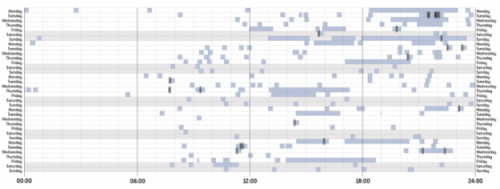This is part of a series of posts highlighting the Theorizing the Web conference, April 14th, 2012 at the University of Maryland (inside the D.C. beltway). It was originally posted on 4.11.12 and was updated to include video on 6.5.12. See the conference website for additional information.

I am very happy to have the opportunity to preside over the panel on technologies of identity. Internet is intimately related to people’s identities; a point that is almost self-evident. People express, reinforce and even sometimes construct new identities via the Internet. But how exactly does this happen? through what mechanisms? How, for example, do people who date online maintain or challenge their identities concerning their sexual preference, class, race, etc. in ways similarly and differently than those who date exclusively offline? Or, how do second-generation immigrants take advantage of the Internet to reshape society’s perceptions of them? How, for instance, do people’s conception of consumption change when faced with the new possibility of shopping online? How does our desire for power and pleasure manifest itself through online social networks? …the questions are endless…
Internet meet identity are both fascinating topics: we expect expect analyses that are both interesting and insightful. And that is the promise our presenters try to fulfill with their intriguing papers.
*Note: Due to an unforeseen scheduling conflict, Nicholas Boston will not be able to attend the conference.
[Paper titles and abstracts after the jump.]







